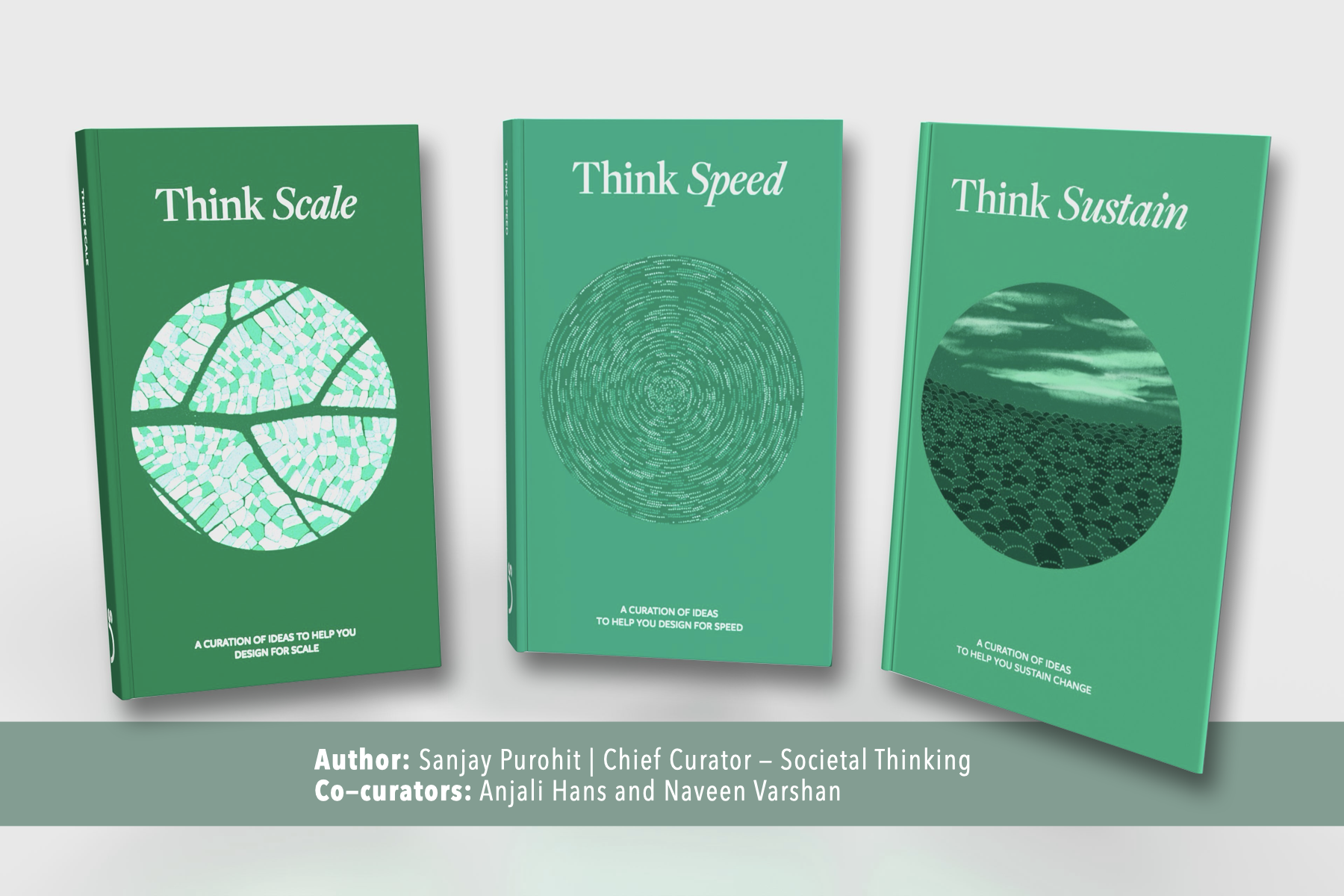In high school, on Wednesdays and Thursdays, we used to attend a Computer Science class to develop our foundational computer language skills. While boys in our class were encouraged to practise programming topics such as C and C++, girls were left to work on Microsoft Excel and Paint. I didn’t realise the damage of this bias until I started to see more boys making it to STEM courses and ultimately careers. Fourteen years on, I can see how the career trajectory and earning potential of the boys is so different from many of the girls. A few girls were able to trace a path in STEM despite the bias, but most of them accepted this “is how things are/should be”.
In her revolutionary book Limitless Minds, Jo Boalera, a professor at Stanford University and acclaimed mathematics educator reveals similar experiences from her student life where her mathematics skills were questioned because of her gender. She feels this bias follows us into adulthood, where we tend to simply accept these established beliefs about our skill sets, i.e. that we just don’t have “a math brain” or that aren’t “the tech type”. These damaging and, as new science has revealed, false assumptions have influenced all of us at some point in our lives – affecting our confidence and willingness to try new things, ultimately limiting our choices and longer-term futures.
Had I known programming languages would have opened many career pathways, would I have been more attentive, more passionate? Maybe I’d have been a cool coder too!
Looks like my experience of this digital divide is more common than I used to think. This is why I was heartened to see ‘CSW67’s (Commission on Status of Women)’ opening statement – “Digital rights are women’s rights.”
This year’s ‘UN-CSW67’ report focuses on the digital divide and sheds light on how women face significant barriers that hinder their full participation in the digital world. The data states that women are 18% less likely than men to own a smartphone, and far less likely to access or use the Internet. In 2022, 259 million more men than women were online. Only 28% of engineering graduates and 22% of artificial intelligence workers globally are women, despite girls matching boys’ performance in science and technology subjects across many countries! Sobering statistics, aren’t they?
At the same time, the report highlights with examples, what happens when certain divides are removed, such as:
Access to Education: Women will gain access to online educational resources and e-learning platforms. This will allow women in remote or disadvantaged areas to pursue education and skills development, which were previously limited due to distance, lack of infrastructure, or societal norms.
Access to Healthcare and Support: Women can access reliable health-related information online, empowering them to make informed decisions about their well-being.
It tells us the digital revolution has the potential to empower women by offering access to information, education, employment opportunities and platforms for expression. The digital divide is not a chasm that can be crossed by training more women or distributing more mobile handsets. It needs us to reimagine institutions that shape our everyday life as well as break the harmful gender stereotypes in STEM and other fields, currently dominated by men. It is because of these institutions and stereotypes, a new kind of poverty now confronts the world, one where women and girls are excluded and marginalised in devastating ways – it’s called digital poverty.
To reduce this digital divide, I believe this calls for targeted policies and investments to ensure affordable and equal access to digital technologies, as well as comprehensive digital literacy programmes to enhance women’s digital skills. I also agree with the report’s emphasis on creating safe and inclusive digital spaces that protect women’s rights and can tackle online harassment and violence.
What really stood out for me in the report were:
- Recognition that girls and women have a vital role to play as agents for sustainable development. Gender equity and empowerment of all women and girls can be achieved through their full and equal participation, decision-making, and meaningful engagement in innovation, technological, and digital age education, thus driving sustainable economic growth and productivity.
- Emphasis on women’s participation at every stage of any product/app development, from designing, monitoring and evaluating. This would translate into a reduction in cybercrime towards women and provide safeguards to open accessible technology
- Acknowledging the need for capacity building in women so that they can further pass on knowledge to more and more women
At Societal Thinking, one of our core values is Restoring Agency and I see this in several of the recommendations made in the report. I would like to believe that one day, all women can have the agency and choice to equip themselves with knowledge and technology skills and become like Shuri, the princess of the Wakandan empire in the movie Black Panther. My favourite line by Shuri that brings it all together is – “Bullet wounds don’t just magically heal overnight. They do here, but not by magic, but by technology.”
At Societal Thinking, we are trying to answer: How can we empower citizens to become active participants in using data to see, sense and solve their problems? Read more about it here.
 Back
Back


